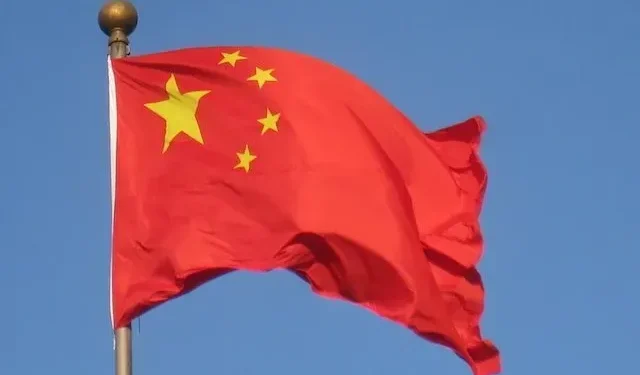The Central Bank of China, the Future Big Brother of the Metaverse?

The People’s Bank of China wants to keep an eye on all projects related to cryptocurrency and blockchain. The future Big Brother of the Metaverse may be Chinese.
Contrary to what one might think a few years ago, China has not completely banned modern technology, but wants to retain control over everything that is used and can be used in its country. Facial recognition cameras have become legion in the Middle Kingdom today, and social credit governs citizens to increase control over citizens in the real world. China seems to want to do the same in the virtual universes of the metaverse. In any case, this is a project of the People’s Bank of China (PBOC).
People’s Bank of China wants to monitor all crypto and blockchain projects
In recent months, China has taken drastic measures against cryptocurrencies: a ban on all cryptocurrency exchange platforms between 2017 and 2018, a ban on bitcoin (BTC) mining in June 2021, and then Ethereum (ETH) at the end of September. Therefore, it is ultimately only logical that the Chinese Communist Party wants to expand its control over all projects developing around cryptography and blockchain. Gou Wenjun, director of the Anti-Money Laundering Department of the People’s Bank of China, said: “We must maintain a high and constant level of vigilance, study the evolution of digital assets and the development of the underlying technologies.”
Future Big Brother Metavians may be Chinese
Thus, the PBoC structure seems to be wary of projects related to the metaverse and NFTs, which could “easily” become money laundering tools: “we need to strengthen the monitoring and analysis of digital asset transactions […] banks and payment institutions, as an exchange link between legal tender and digital assets must authenticate the two parties involved in a transaction [in cryptoassets] using real names.”
The goal for China is always the same in the end: to end the notions of privacy and confidentiality. Therefore, any cryptocurrency transaction must be traceable, transparent and properly identified. China is even ready to, according to Gou Wenjun, “deepen information sharing and investigation cooperation”with more than 60 foreign agencies. Abandoning a decentralized cryptocurrency in preparation for its own central bank’s digital currency, the digital yuan, is China’s big plan. Will she succeed?
Leave a Reply